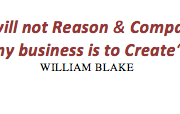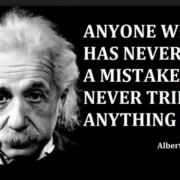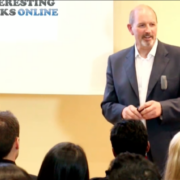CONFIDENCE BOOSTER No.6: Be Accurate!
THE CHALLENGE: To overcome inaccurate statements, self-talk and mindset.
My clients get to hear about this over and over because accuracy has a complex role in combating a very powerful adversary of self confidence: cognitive distortion. This may sound complicated (it is) but if I highlight the most popular forms you will know what I mean:
- Filtering – amplifying negative information while diminishing or completely excluding positives
- Polarised “black & white” thinking – leaves no room for manoeuvre for yourself & others & leaves no room for balance
- Overgeneralisation – With sparse information, creating strong opinions on a wide range of people, subjects or situations
- Rushing to assumptions – not waiting for all (or any) available information on a subject & so assumptions are drawn & decisions made in considerable ignorance
- Catastrophising – Why settle for a drama when a full blown crisis will do? This is when everything is bad even if it has happened only once. “I’m rubbish at this”, “No one likes me”, “You cannot trust anyone”, “Today was disastrous” etc etc.
EXERCISE:
It’s called tracking which is, in this context, keeping a log / diary of instances when you are inaccurate in any given situation about yourself, people, your day etc. If you are unaware of behaving in a particular way then how can you do anything about it? Just being aware of it will make a huge difference.
BEWARE: real and lasting shifts in deep seated mind set and behaviour takes hard work and consistency
Now you may be thinking that this is all a bit obvious and that calling yourself ‘useless’, for example, is merely a turn of phrase. But words have a huge significance: not only do they tell the outside world a great deal about us, but they also say much about our moods and mindset. Get control of them and they WILL begin to affect your attitudes and emotions for the better.






